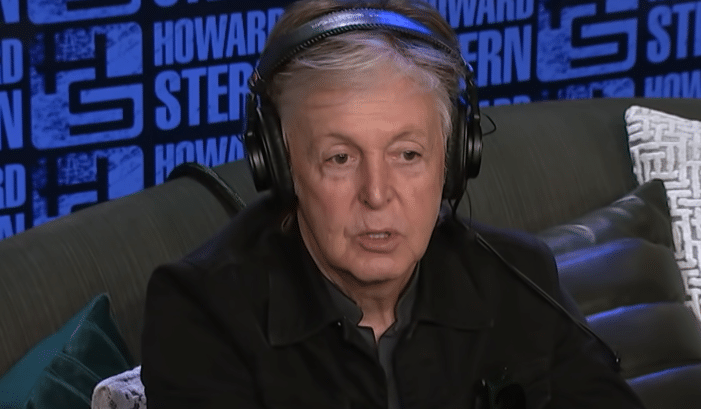The story of The Beatles is one of unparalleled success, but it is also marked by a tumultuous end. After a decade of fame, the bandmates found themselves caught in a web of disagreements and lawsuits. For Paul McCartney, the fallout from the band’s breakup took a toll on his mental well-being, leading him to turn to alcohol as a coping mechanism.
In 1970, the cracks in The Beatles’ unity had grown into irreparable fractures. The financial management of the band became a major point of contention, with McCartney advocating for his father-in-law, Lee Eastman, while the others favored Allen Klein. Unable to reach a compromise, McCartney took the drastic step of suing his bandmates, seeking to dissolve their partnership and gain control over his own finances.
McCartney emerged victorious in the legal battle, but the public perception of him suffered greatly. The negative press surrounding the lawsuit and the disintegration of The Beatles weighed heavily on his shoulders. Seeking solace from the emotional turmoil, McCartney revealed in a 2020 British GQ interview that he “turned to booze” as a means of escape.
“In truth, I just took to booze,” McCartney candidly admitted when asked about the impact of the industry on his mental health. “There wasn’t much time to have mental health issues, it was just, f*** it, it’s boozing or sleeping. But I’m sure it did, as they were very depressing times.”
The overwhelming challenges of the band’s dissolution, coupled with the loss of his close friend John Lennon, led McCartney down a dark path. However, it was his then-wife Linda Eastman who became his guiding light, inspiring him to find a way out of his alcohol dependency. McCartney credited her influence in helping him confront his emotional struggles and make a conscious decision to address his mental well-being.
“I was able to… get out of the depression by saying, ‘OK, this is really bad and I’ve got to do something about it,'” McCartney shared. “So I did. And I think that’s my way, almost by being my own psychiatrist.”
Despite the turbulent aftermath of The Beatles’ split, McCartney and drummer Ringo Starr managed to maintain a strong friendship. Today, as the sole surviving members of the legendary band, they continue to support and uplift each other. Earlier this year, McCartney and Starr reunited at a roller skating party hosted by fashion designer Stella McCartney, Paul’s daughter. The joyous occasion was captured in a video shared by Starr on Twitter, demonstrating the enduring bond between the two musicians.
The story of Paul McCartney’s struggle with alcohol as a response to the dissolution of The Beatles serves as a reminder of the immense pressures that fame and the end of an era can impose on an individual. McCartney’s journey to overcome his dependence on alcohol, guided by self-reflection and the support of loved ones, is a testament to his resilience and determination to find a way forward.
In the face of personal and professional challenges, Paul McCartney continues to inspire millions with his music and unwavering spirit. His story serves as a reminder that even in the darkest moments, there is always hope for healing, growth, and the pursuit of a brighter future.


